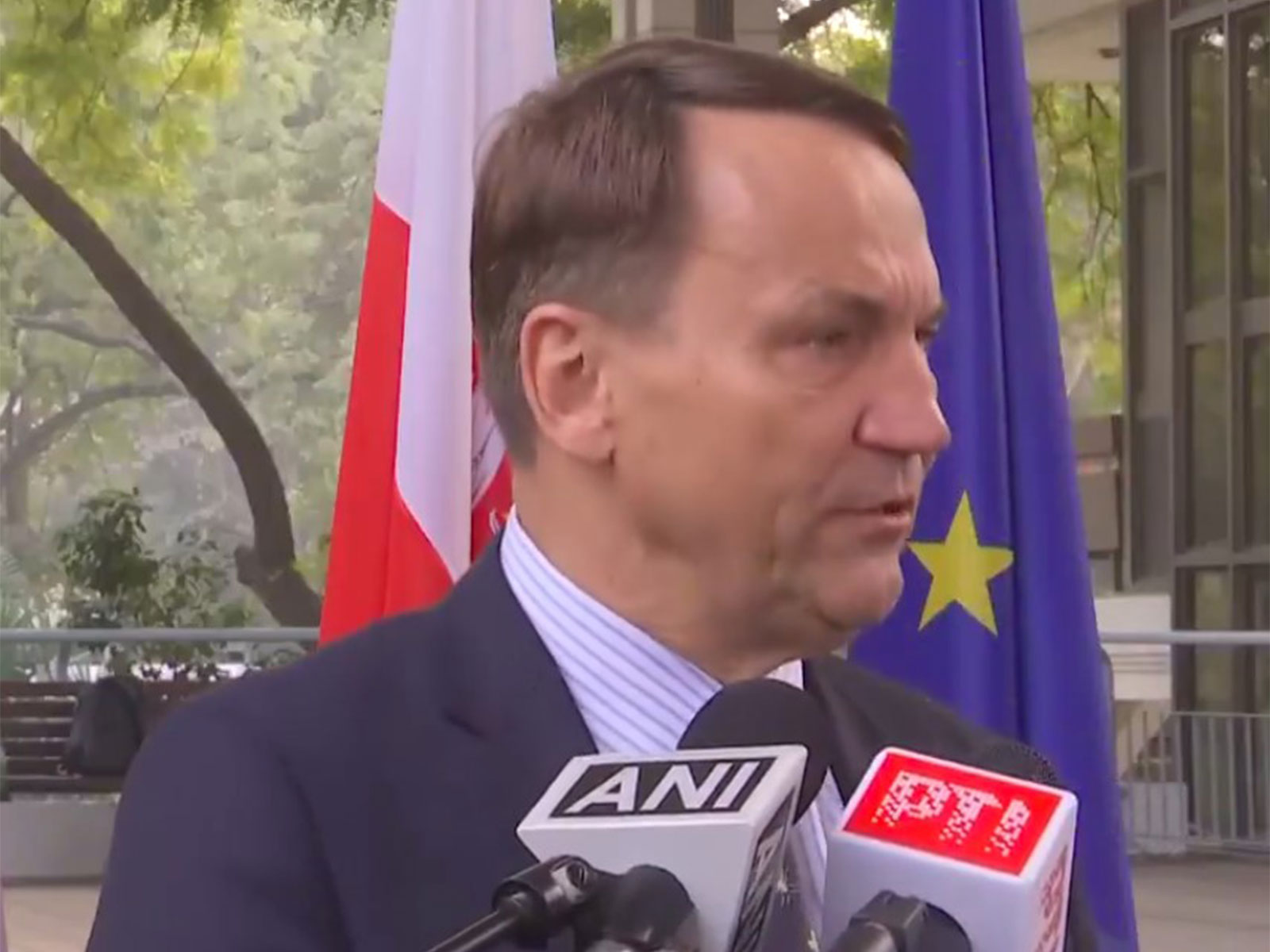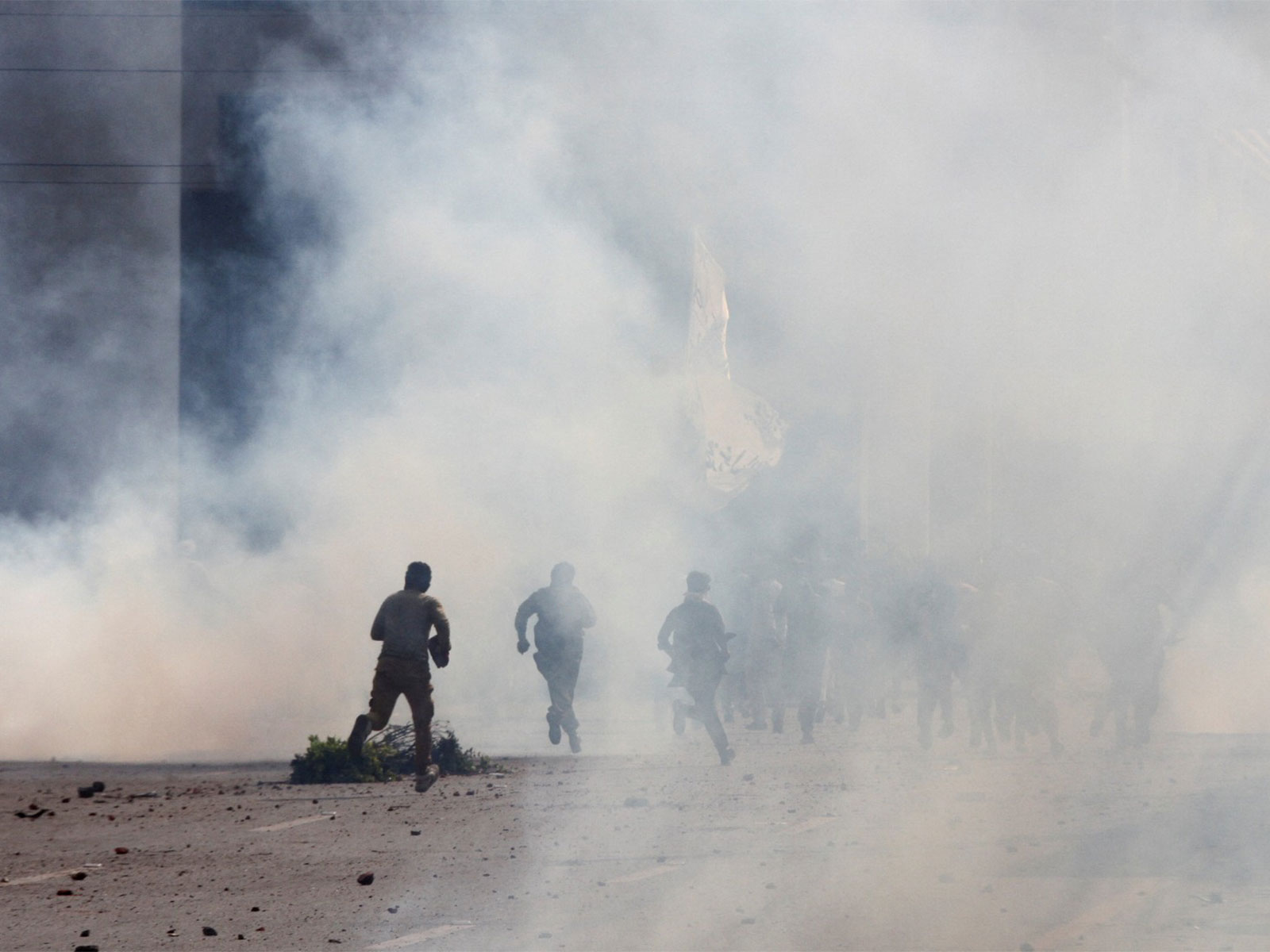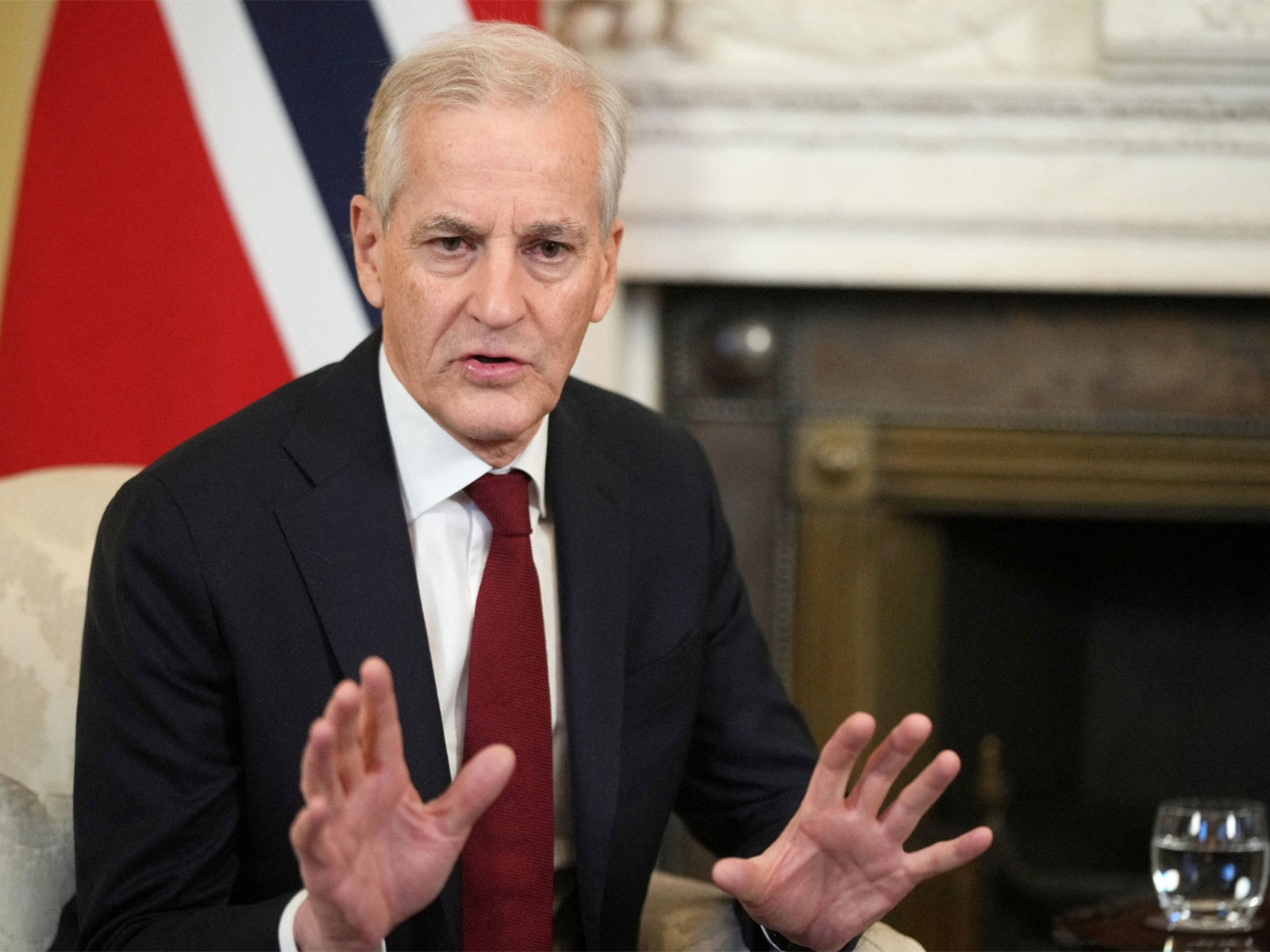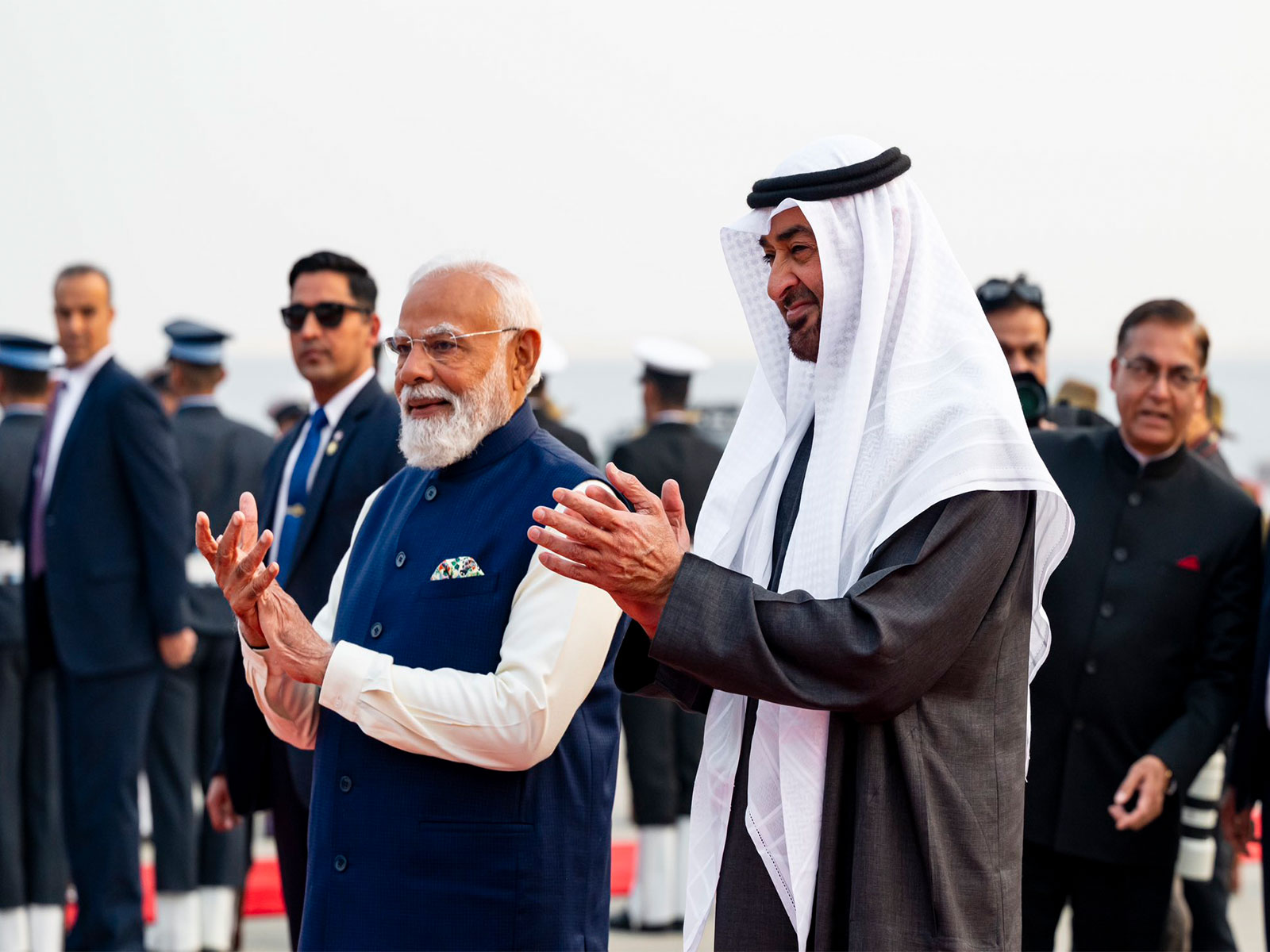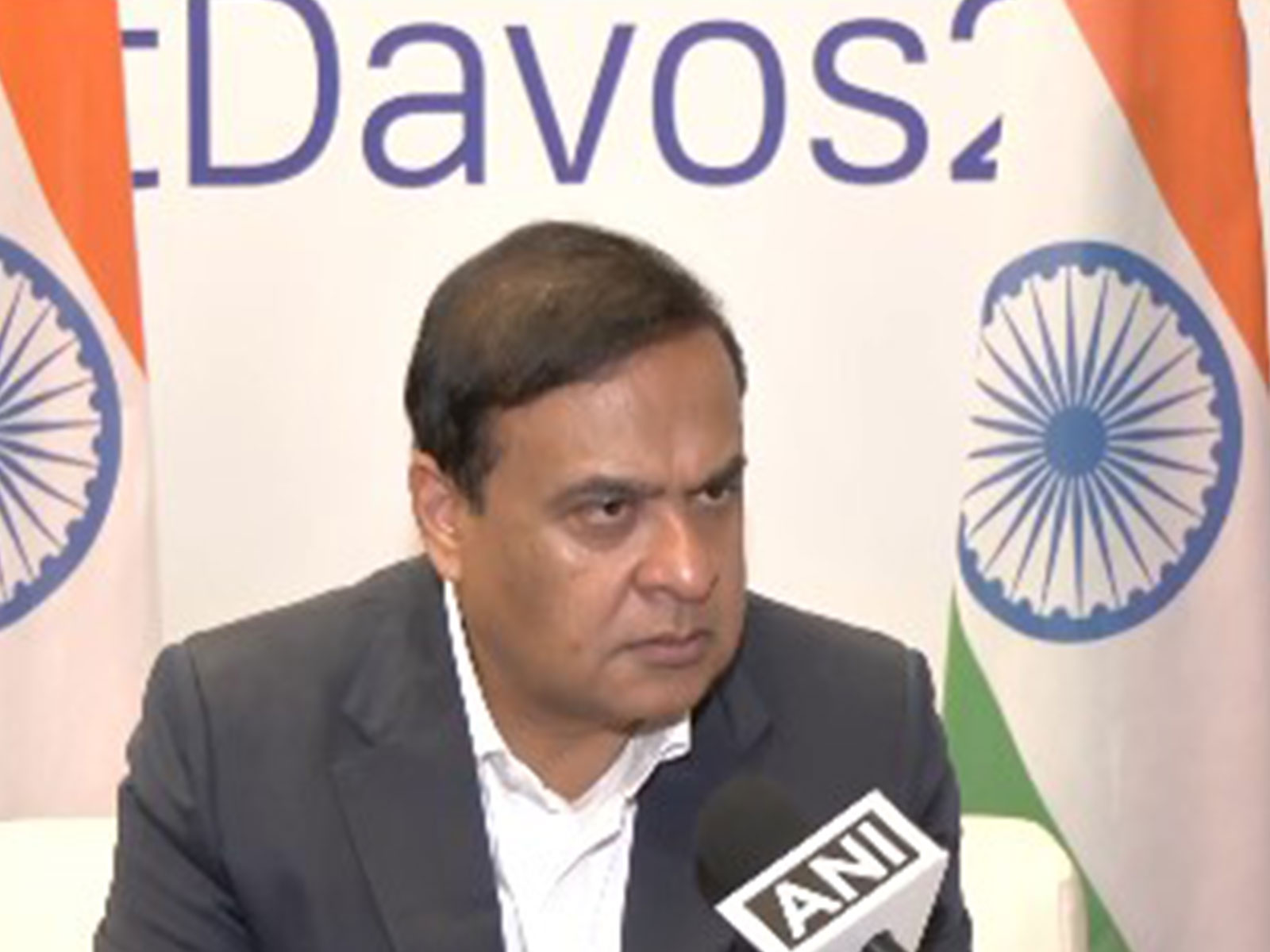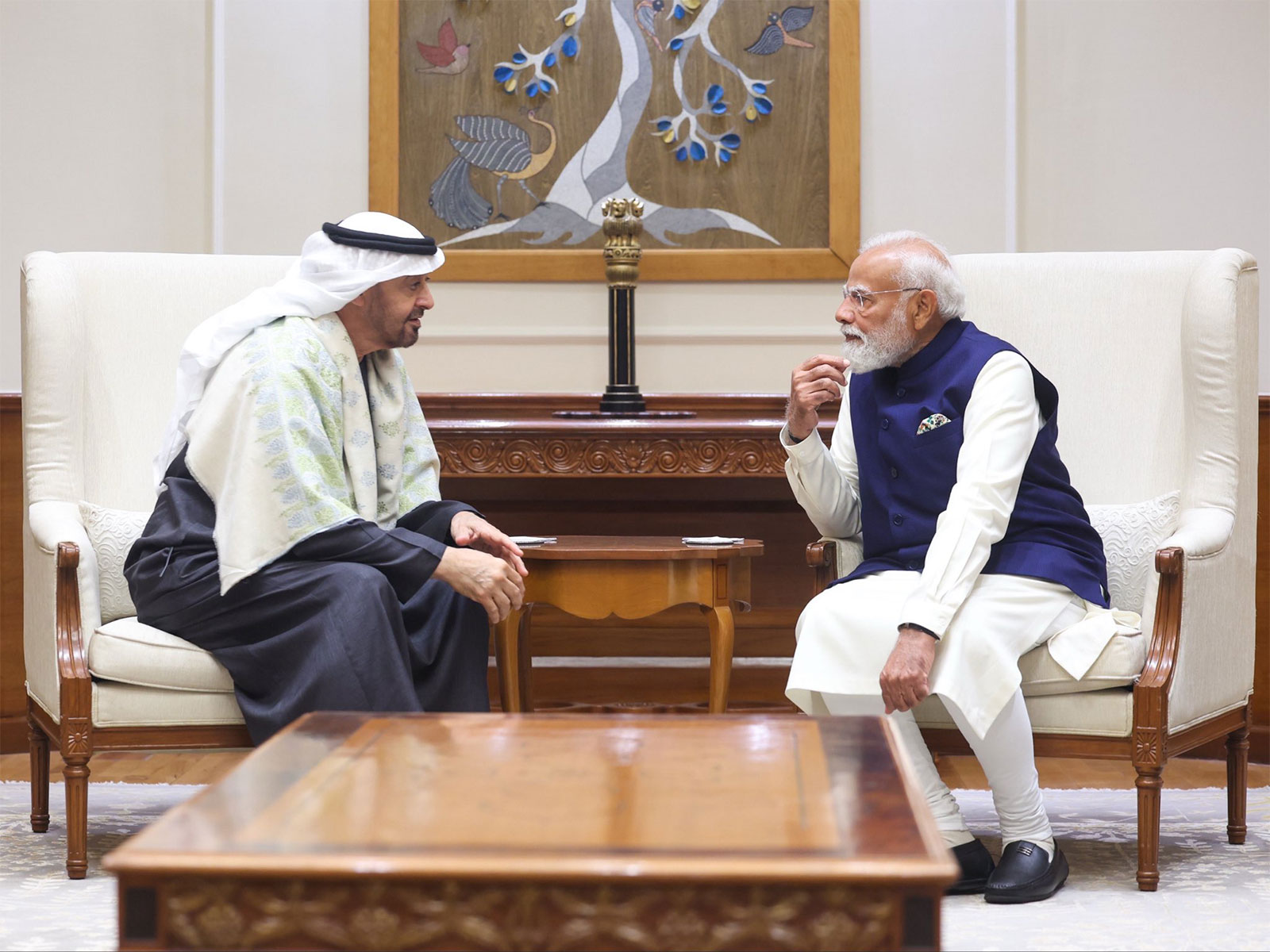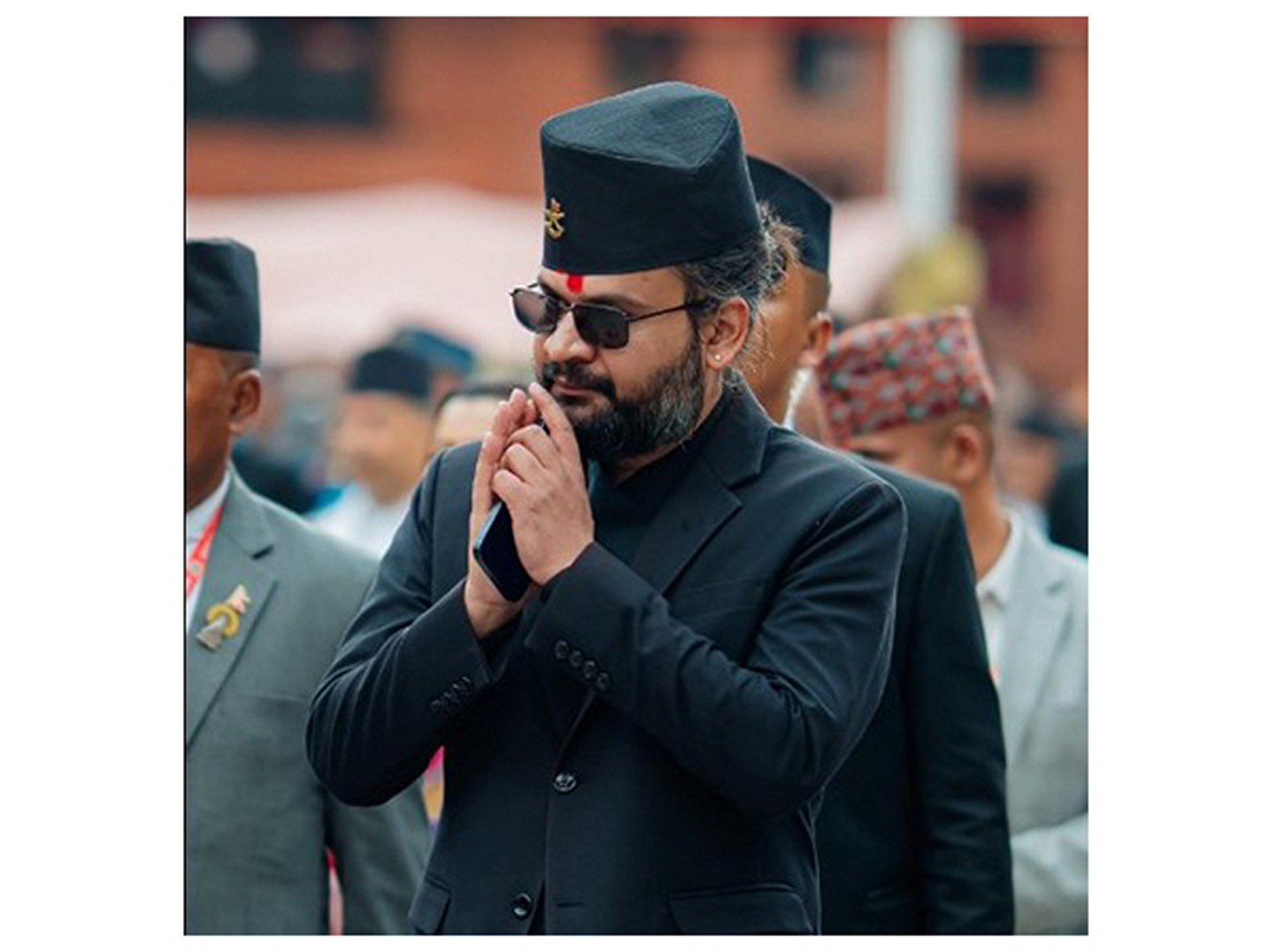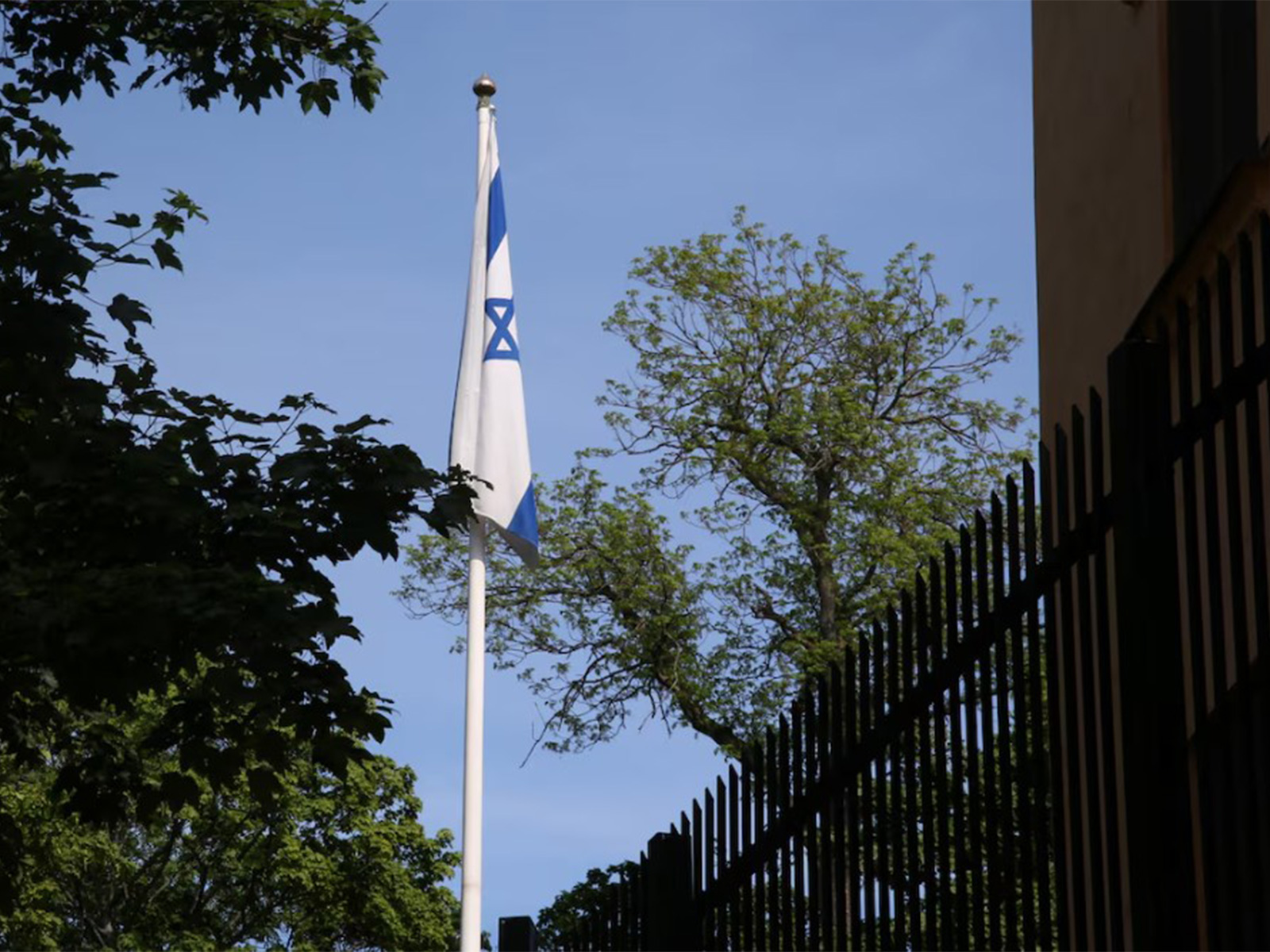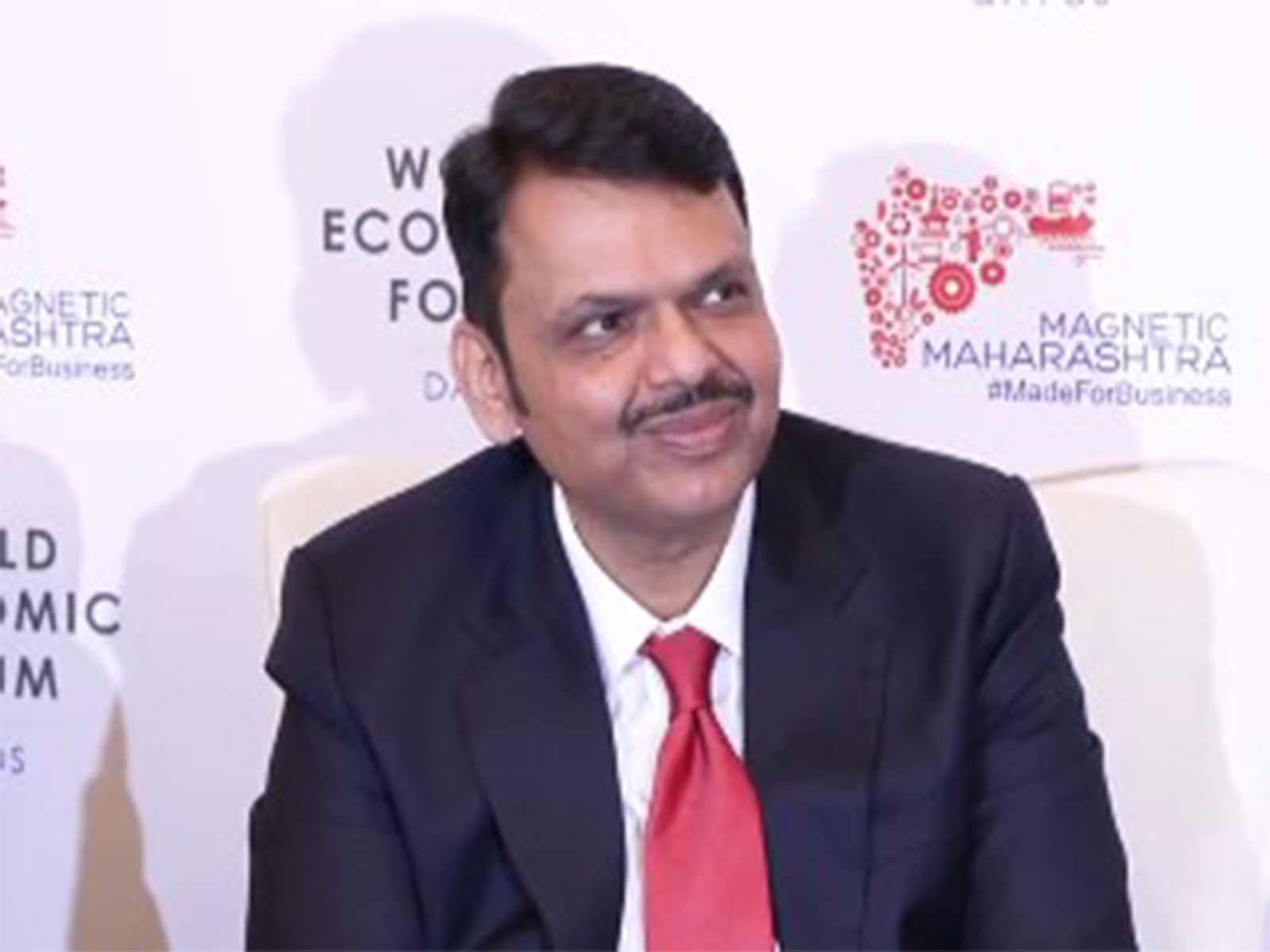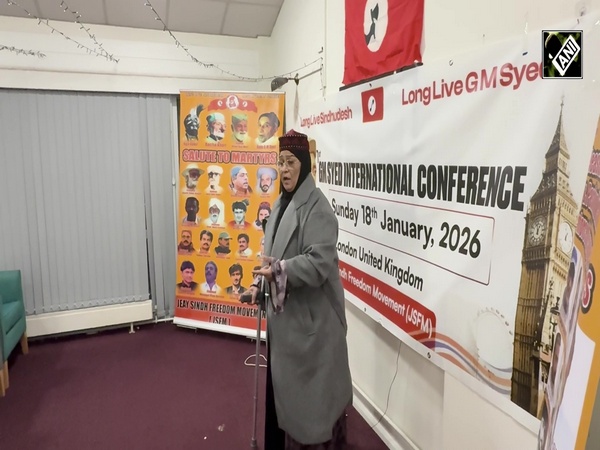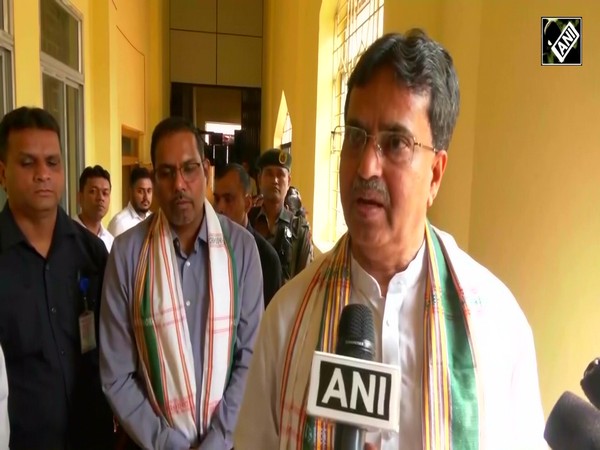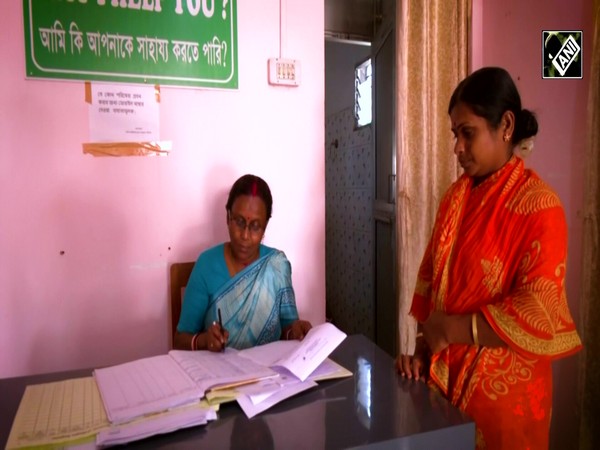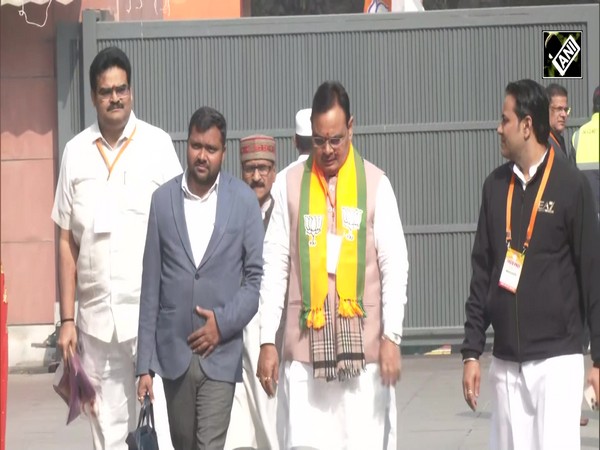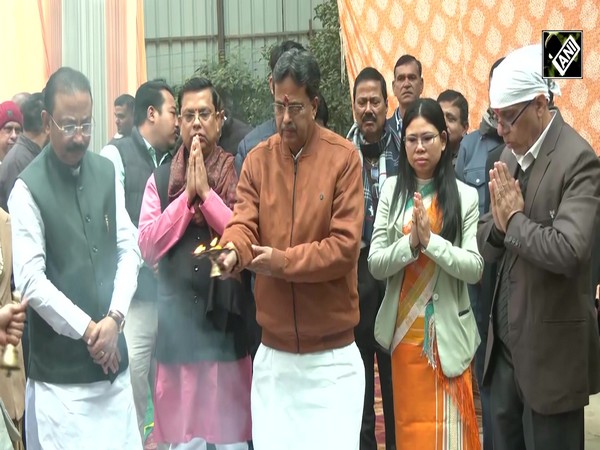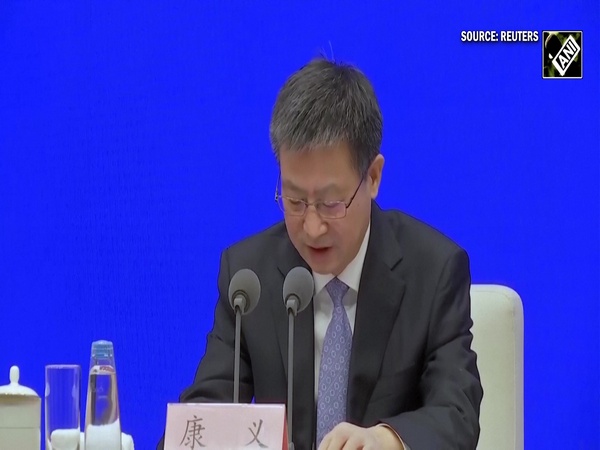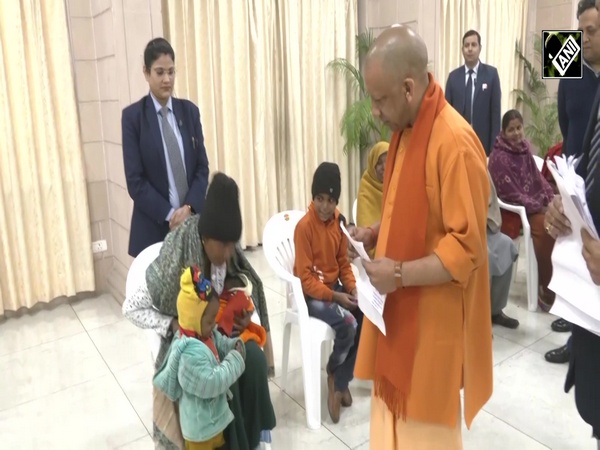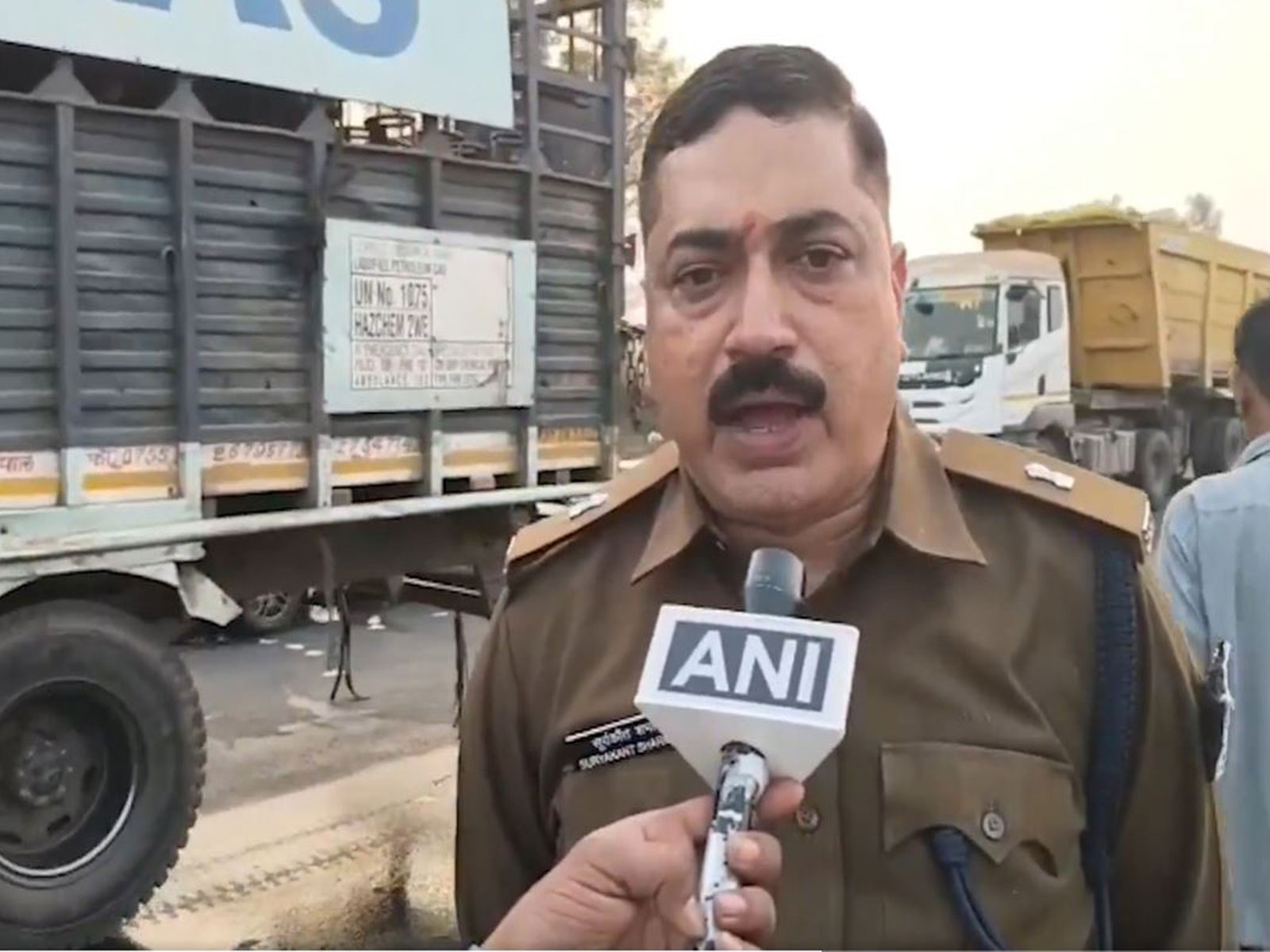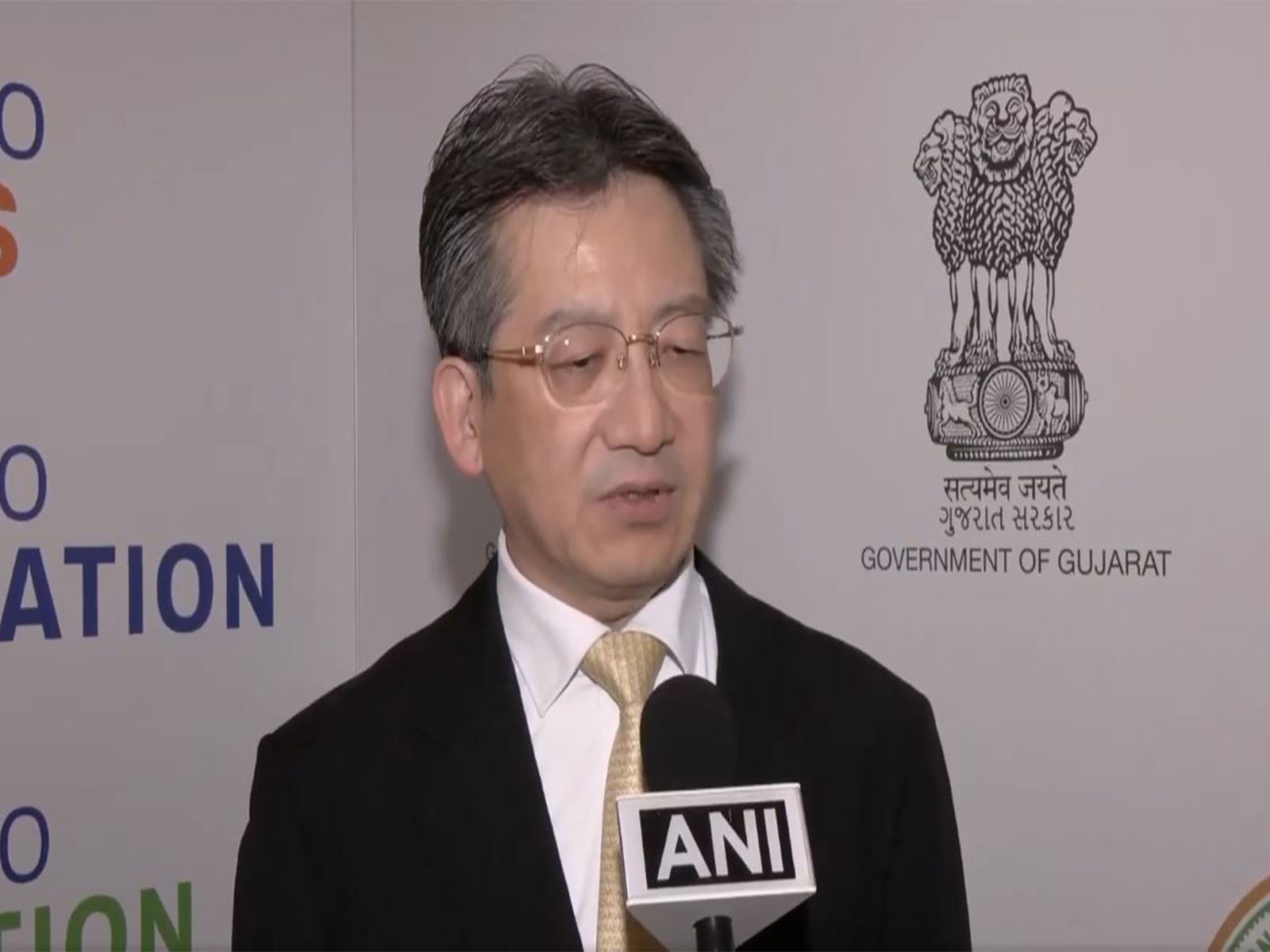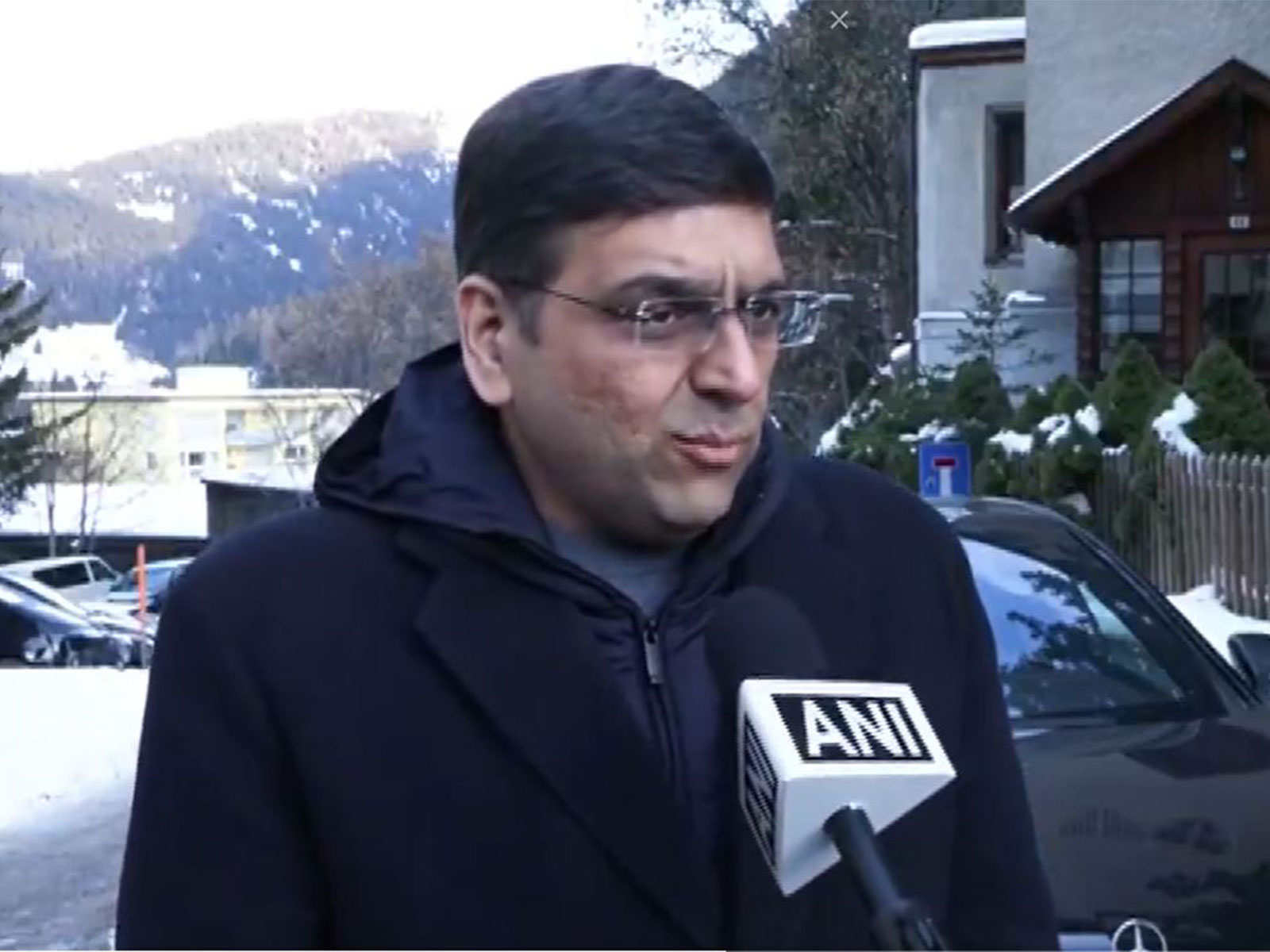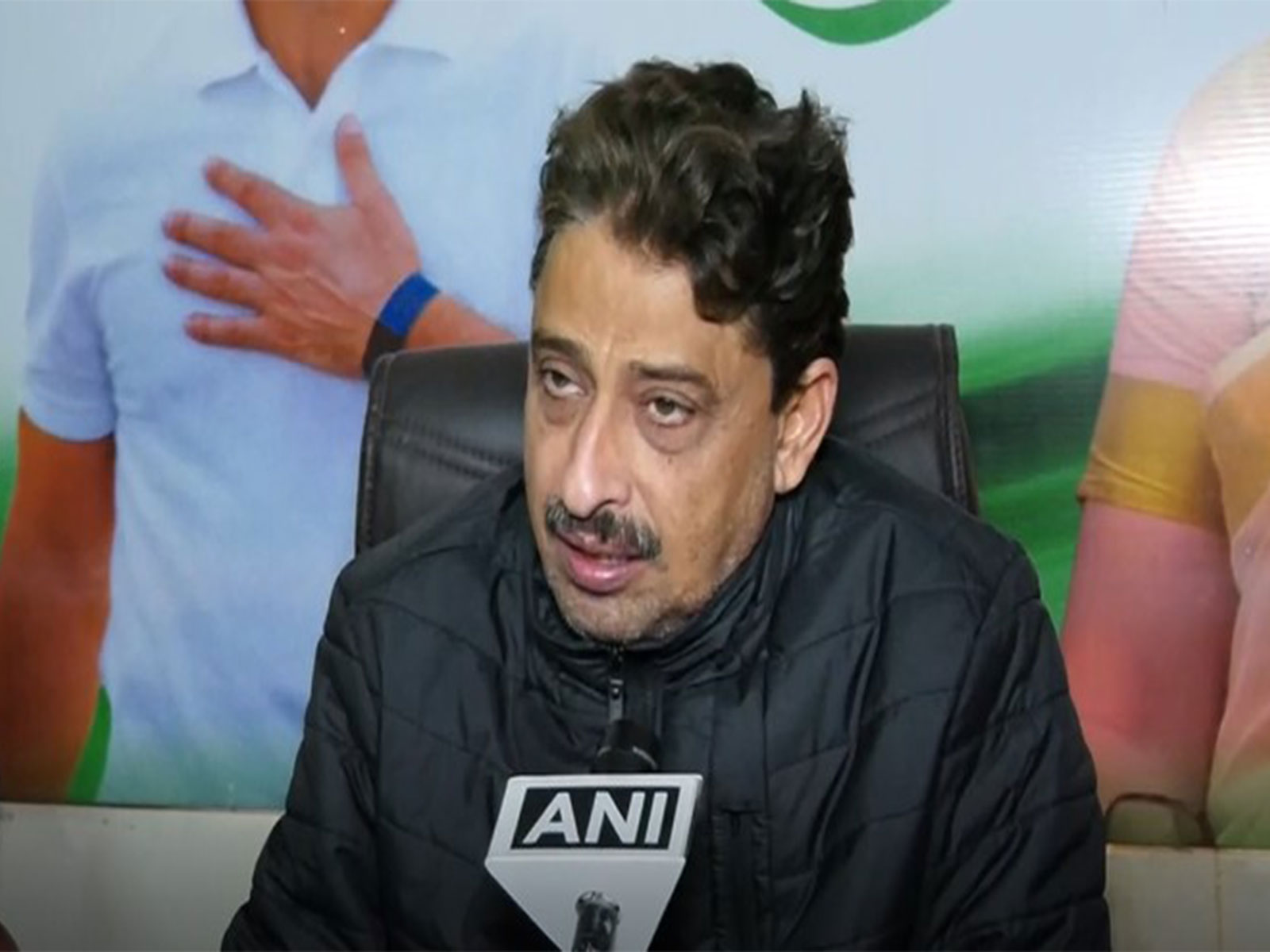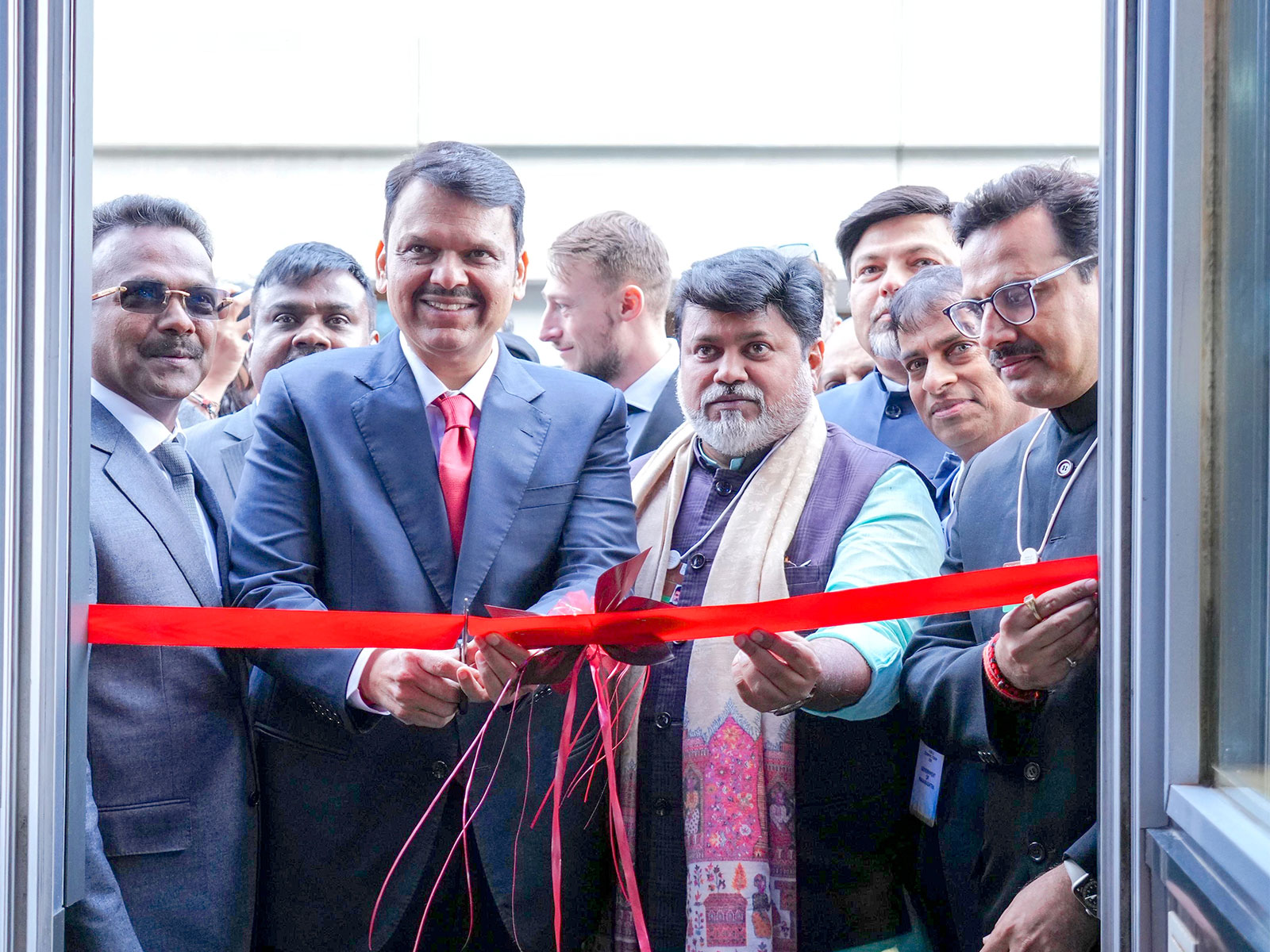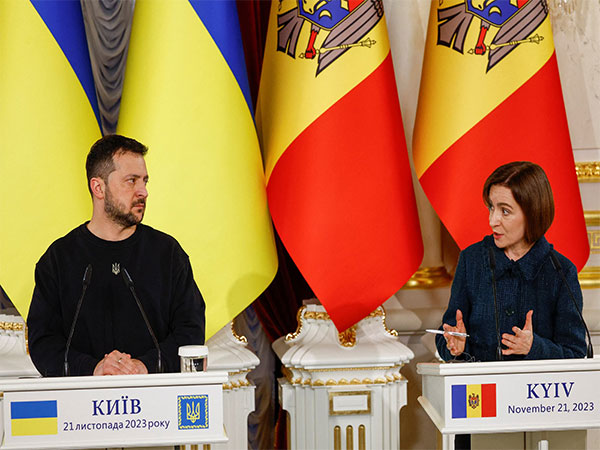
Hungary's veto stalls Ukraine, Moldova EU bid amid rising bloc pressure
Sep 02, 2025
Copenhagen [Denmark], September 2 : Ukraine's bid to join the European Union remains paralysed by Hungary's veto, a situation that has also prevented Moldova from advancing in its application, Euro News reported.
The EU continues to resist decoupling the membership applications of Ukraine and Moldova, fearing such a move would deal a heavy blow to Kyiv at a time when accession is seen as part of broader security guarantees, Euro News reported. The idea of splitting the two bids, filed almost simultaneously in the early days of Russia's full-scale invasion, has gained traction recently due to Hungary's unassailable veto on Ukraine's ambitions.
"The reason why we have a new momentum on enlargement is due to Ukraine," Marie Bjerre, Denmark's minister for European affairs, said on Tuesday as she hosted her counterparts in Copenhagen for an informal discussion on the matter. "It would not be fair to leave Ukraine alone. We need to move forward also with Ukraine."
Both Kyiv and Chisinau have fulfilled the technical criteria to open the first cluster of accession negotiations, known as Fundamentals, covering key areas such as democracy, human rights, security, the judicial system and public procurement. However, opening a new cluster requires unanimity.
Denmark, which currently holds the EU Council's rotating presidency, has vowed to apply "maximum pressure" on Hungary to break the deadlock, which began more than a year ago. Budapest has invoked various reasons, including the war, energy security, and agriculture, and launched a national consultation to justify its veto.
"Hungary does not make any connection between any candidate country," said Janos Boka, the country's representative, upon arriving at the meeting. "We are supporting Moldova's progress, and we are against any linkage between countries because we believe it's a merit-based process," Euro News reported.
The stalemate has frustrated other EU member states. Jessica Rosencrantz, Sweden's minister for European affairs, called the veto "totally unacceptable," while her French counterpart, Benjamin Haddad, accused Budapest of holding up the accession process for "domestic reasons." "What Hungary is doing on Ukraine is having an impact on other countries that are actually making good progress in reforming, like Moldova," Haddad said. "Moldova belongs in the European Union, its European path is irreversible, especially in the context where we can see the pressure and the interference coming from Russia."
Despite mounting political pressure from across the bloc, Hungary has not signalled any intention to lift its veto. Moldova, caught in the political crossfire, remains keen to advance its EU membership path while ensuring Ukraine is not left behind amid its ongoing war.
"We are very much looking forward to a solution both for Moldova and Ukraine," said Cristina Gherasimov, Moldova's deputy prime minister for European integration. "It's important for us, for our security, for our own accession path, that as a region, we're stable, we're secure, and for that, we need a stable and secure Ukraine," Euro News reported.
Member states argue that decoupling Moldova from Ukraine would legitimise Hungary's veto and weaken the EU's message of unity and support during peace negotiations, which have sometimes seen US President Donald Trump echo Russian talking points. Ukrainian President Volodymyr Zelenskyy warned against such a move in early August. "There can be no division between Ukraine and Moldova," he said. "If such a division takes place, that will automatically mean that Europe is divided on Ukraine, that Europe does not have a common position on (security) guarantees."
"A united Europe is a clear answer towards Russia, China and also the United States," said Germany's Gunther Krichbaum, supporting the coupling of the bids. Poland's Ignacy Niemczycki added, "We really feel that we want to send positive signals to the Ukrainian people, not negative, so it's obviously a difficult situation."
At the conclusion of the ministerial meeting, Marta Kos, the European Commissioner for Enlargement, praised Ukraine and Moldova for doing "their homework" and highlighted the urgency of unblocking the process. "EU enlargement has become somehow entangled in this geopolitical contest between free, democratic societies on one side and authoritarian regimes on the other side. And we see this, of course, most brutally in Ukraine," Kos said. "But we see it also in a more subtle, hybrid way in other candidate countries, such as the Republic of Moldova," she added.
Kos cited a new Eurobarometer showing that 56% of EU citizens support enlargement, 26% are not very much in favour, and 12% are not in favour at all. Specifically, 52% support Ukraine's accession versus 41% who oppose, Euro News reported.
